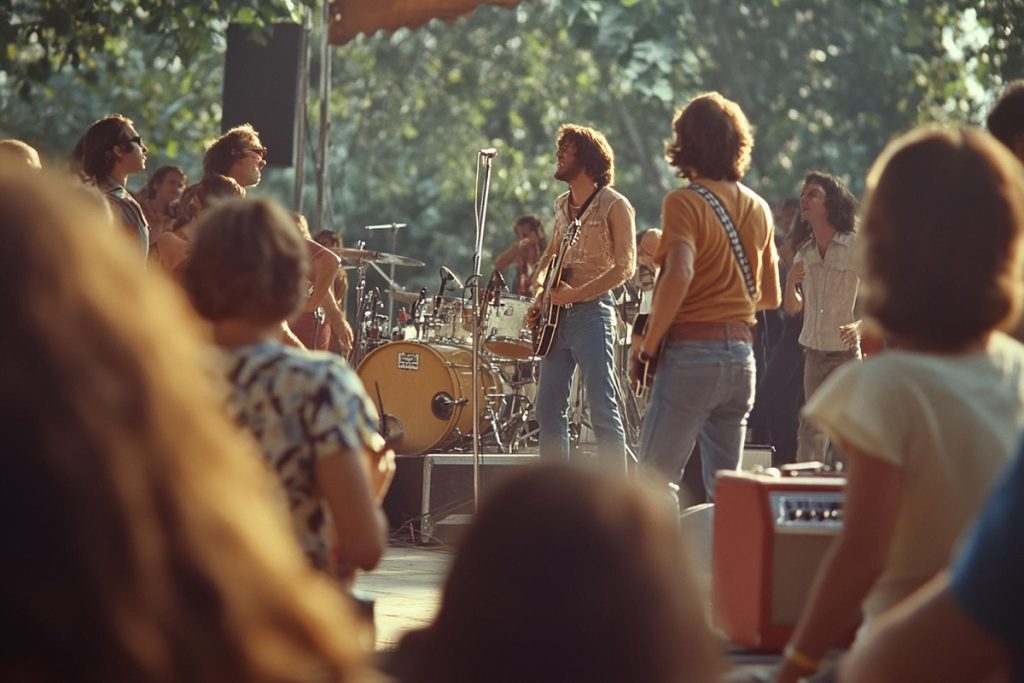Since its inception, Pro Tools has played a pivotal role in redefining the modern music production landscape. This powerful digital audio workstation (DAW) introduced capabilities that enabled producers, audio engineers, and musicians to push boundaries in creating music, reshaping the studio environment significantly.
Revolutionizing the studio: key innovations by Pro Tools
Non-destructive editing was one of the game-changer features introduced by Pro Tools. This allowed users to attempt different audio edits and manipulations without permanently altering the original audio files, fostering a new level of creativity and experimentation in the studio.
Moreover, Pro Tools streamlined the recording process with its integrated multitrack recording system, which drastically reduced the hardware previously required for multitrack recording, saving both space and cost and broadening access for artists and smaller studios.
Iconic albums and artists impacted by Pro Tools
The adoption of Pro Tools by leading artists and producers helped solidify its status as an industry standard. Dr. Dre, known for his meticulous production standards, utilized Pro Tools to produce his multi-platinum albums. Similarly, Radiohead’s “Kid A,” an album noted for its electronic textures and expansive soundscapes, was intricately pieced together using Pro Tools, showcasing the DAW’s versatility across different music genres.
The cultural impact of Pro Tools in music
The introduction of Pro Tools coincided with a seismic shift in music production during the late 20th century. It democratized music production, making high-quality recording accessible to a broader range of artists and producers. This shift not only influenced the types of music that were popularized but also opened up new realms of possibility for experimental sounds and hybrid genres.
Culturally, Pro Tools played a significant role in the rise of home studios and DIY music production, which has contributed substantially to the diversification of music heard today. The empowerment of independent artists has led to a greater representation of diverse voices within the music industry.
Insightful anecdotes: the beat revolution
Dr. Dre, noted for his precision, reportedly took the capabilities of Pro Tools to the extreme by obsessing over each detail of his beats and mixes, sometimes spending hours adjusting minor elements to achieve the perfect sound. His seminal album, “2001,” is often cited as a masterpiece of digital editing and mixing facilitated by Pro Tools.
As we continue to witness advancements in music technology, the foundational impact of Pro Tools on music production remains a significant chapter in the history of modern music.
Its development was not just an evolution in technical terms but also a catalyst for a broader cultural movement towards more accessible and innovative music production techniques.
Pro Tools continues to shape the creative decisions of artists and producers, ensuring its lasting relevance in the ever-evolving music landscape.






